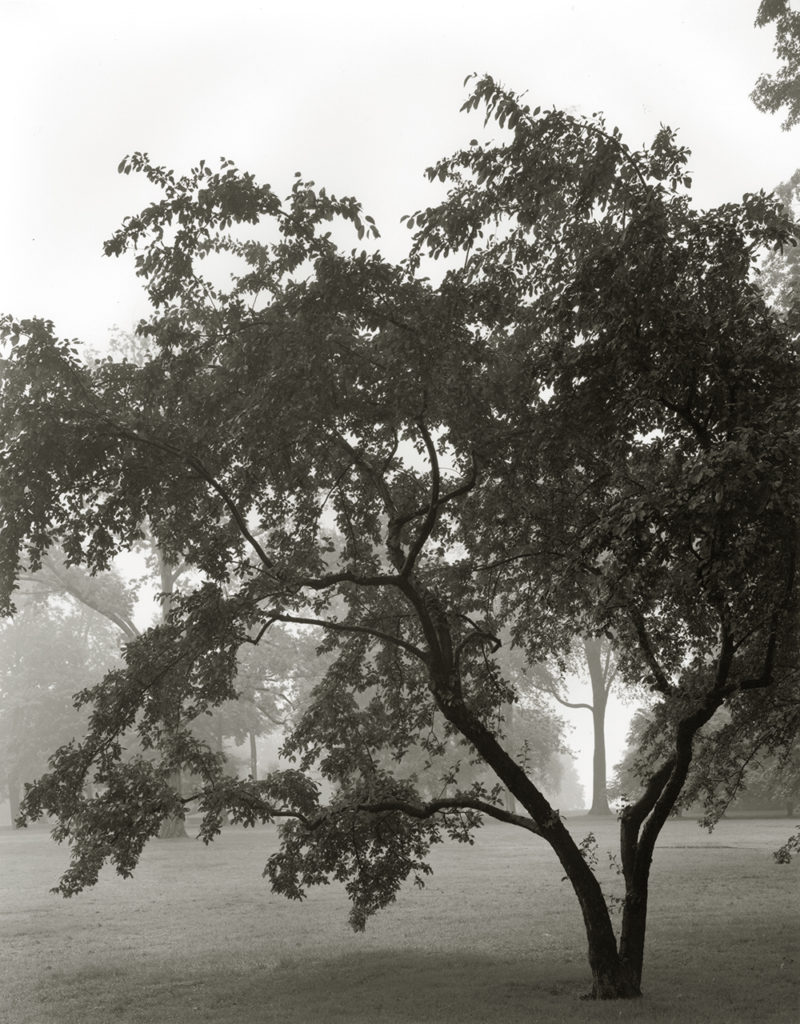
Danish-born Jens Jensen (1860–1951) studied at Tune Agricultural School, outside Copenhagen, and in 1884 emigrated to the United States. He found a job as a laborer for the Chicago West Parks, where he created the “American Garden,” a unique prairie wildflower garden that revealed the beauties of the local region to park visitors. Jensen’s long, sometimes stormy American career built firmly on this early experiment. He continued to advocate for the appreciation and conservation of the natural landscape, creating parks and gardens that utilized primarily native plants in spatial arrangements that evoked native landscapes. Jensen’s involvement with prevailing Italian and Beaux-Arts notions was minimal; he relied on sinuous movement along meadows and curving vistas to structure the garden experience. His enthusiasm for the mystery and power of nature was unbridled.
Jensen came to know Edsel Ford through his mother, Clara, and his father, Henry, founder of the Ford Motor Company. At Fair Lane, the Fords’ Dearborn, Michigan, estate, Jensen had created huge tree- and flower-lined meadows aligned to the path of the setting sun. Artistic differences eventually separated the senior Fords and Jensen, but Edsel (an inspired automotive designer and avid art patron) so admired Jensen’s talent that he and Eleanor Ford commissioned him to design four residential landscapes for their family, the last of which was begun in 1927, on Lake St. Clair.
None of Jensen’s other gardens so focused on the poetry of water and its effects of changing light and mist. Along the northern edge of the point on which the 65-acre estate was sited, Jensen created an island bird sanctuary that increased the shoreline total to more than 3,000 feet; on the south, he developed a lagoon and naturalistic swimming pool surrounded by plants from the Michigan woods. A great meadow stretching from the house toward the sunset is the centerpiece of Jensen’s design. Untroubled by the art/nature dichotomy that preoccupied many American landscape architects of the day, Jensen, like his Danish forebears, regarded the spirit of nature as the enlivening force behind all artistic expression.
Design by Jens Jensen, 1926–29.
SITE INFO
Edsel and Eleanor Ford House (estate of Eleanor and Edsel Ford)
1100 Lake Shore Road
Grosse Pointe Shores, Michigan 48236
313-884-4222; fax 313-884-5977
www.fordhouse.org